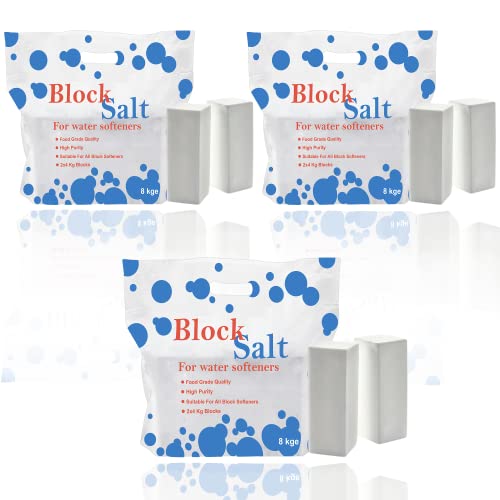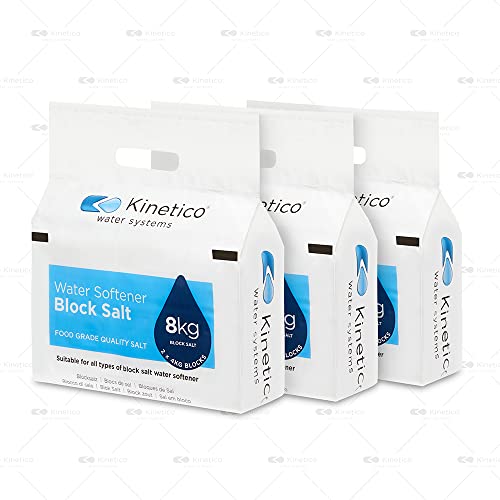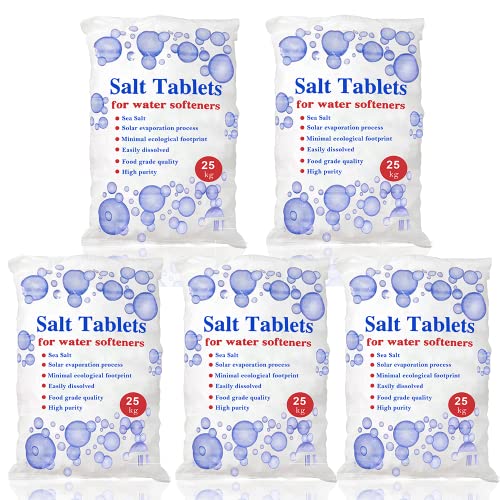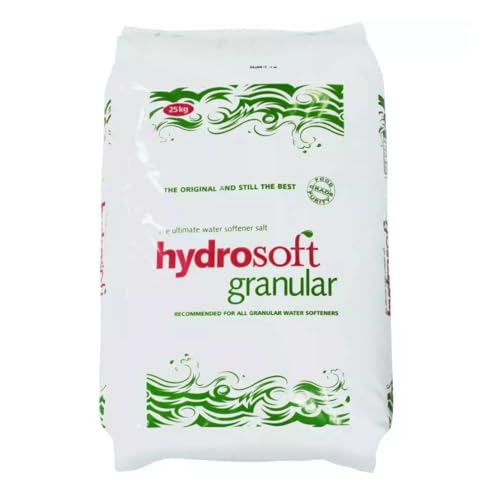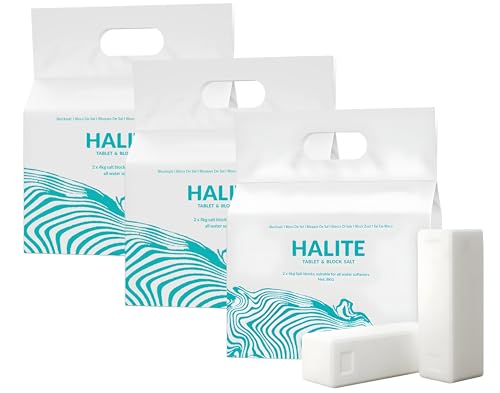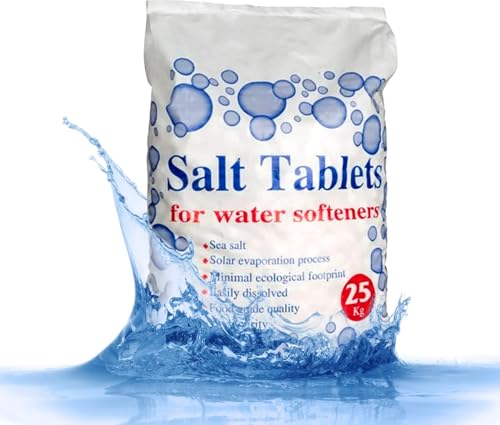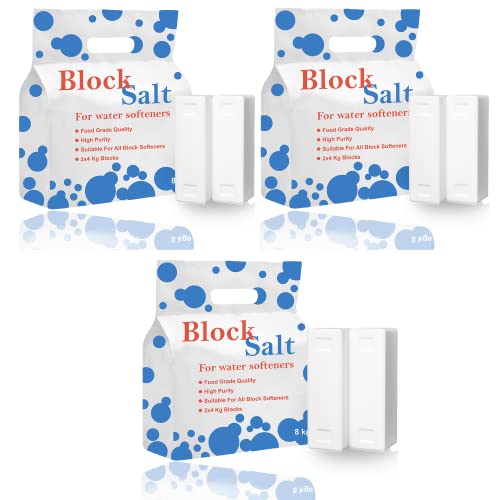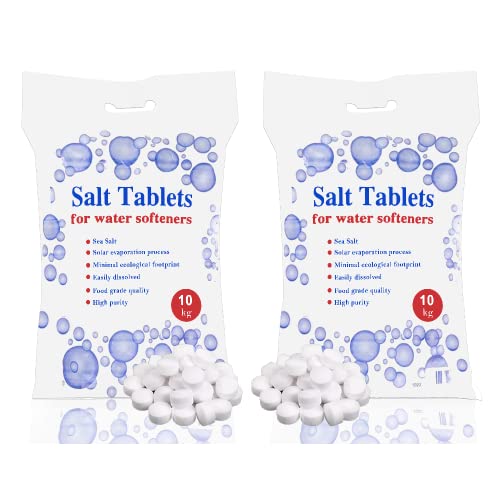What is Softener Salt and How Does It Work?
Understanding Softener Salt
Softener salt is a crucial component in the operation of water softeners, which are appliances designed to tackle hard water issues. Hard water is high in minerals like calcium and magnesium, which can cause a range of problems, from scale buildup in pipes and appliances to dull laundry and skin irritation from showers. The role of softener salt, generally comprised of sodium chloride or potassium chloride, is to help remove these hard minerals from the water. When water passes through the softener, the salt reacts during a process called ion exchange, effectively replacing harmful minerals with sodium or potassium ions, resulting in softer water.
The Ion Exchange Process
The ion exchange process is like a chemistry magic trick that changes hard water into soft water. Inside the softener, resin beads are coated with sodium ions. As hard water flows through, the hard minerals cling to these beads, displacing the sodium ions. The water that comes out is softer, which means it won’t leave behind those pesky deposits on your dishes or skin. This process happens continuously, ensuring your household has a steady supply of soft water.
The Benefits of Using Softener Salt in Your Home
Enhanced Appliance Lifespan
By using softener salt, we can directly extend the lifespan of our appliances. Water heaters, dishwashers, and washing machines can suffer from scale buildup, which can lead to inefficiencies and potential breakdowns. Softer water, ensured by proper use of softener salt, helps prevent this buildup, thereby keeping our appliances running longer and more efficiently.
Fresher Laundry and Cleaner Dishes
Another benefit of using softener salt is the noticeable improvement in our laundry and dish cleanliness. With softer water, laundry detergents work more effectively, allowing for cleaner clothes without the dingy residue that hard water can leave behind. Similarly, dishes come out sparkling clean, free from spots and film that often plague homes with hard water.
Skin and Hair Health
Beyond appliances and laundry, softer water has wonderful effects on our skin and hair. Hard water can lead to dryness and irritation, while softer water is gentler and more moisturizing. We often find that after washing our hair with softened water, it feels softer, shinier, and looks healthier.
Choosing the Right Type of Softener Salt for Your Needs
Types of Softener Salt
When selecting softener salt, we typically encounter two main types: sodium chloride and potassium chloride. Sodium chloride, or rock salt, is often the most economical option and works effectively in most softening units. Potassium chloride, on the other hand, is a great alternative if we are looking to avoid sodium due to dietary concerns. Both types are effective, and the choice largely depends on personal preference and specific household needs.
Considerations for Purchase
When purchasing softener salt, it’s important to consider the quality of the product. Opting for high-purity salt, which is free from additives, ensures optimal performance and efficiency in our systems. We also want to ensure that the salt we choose is compatible with our specific water softener model, as some devices may function better with particular types of salt.
How to Use Softener Salt Effectively: Tips and Techniques
Regular Maintenance of the Salt Supply
To ensure our water softener functions efficiently, it’s crucial to maintain an adequate salt supply. We should regularly check the salt level in the brine tank and refill it as needed, ideally once a month or so, depending on our water usage. Keeping the brine tank at least half full is ideal, as this ensures that the device can effectively regenerate.
Setting Up the Water Softener
Correct setup of our water softener is equally important. We should follow the manufacturer’s instructions for installation and programming to ensure the most effective use of softener salt. Regularly scheduled regeneration cycles help maintain optimal performance. Adjusting these cycles based on water usage patterns can enhance efficiency and prolong the life of the unit.
Frequently Asked Questions About Softener Salt
How often should I add salt to my water softener?
We often find ourselves asking about the frequency of adding salt. Typically, we should add salt to our water softener every month, but the exact timing can depend on our water usage and softener capacity. Checking the brine tank regularly for the salt level will provide the most accurate gauge.
Can I use regular table salt in the water softener?
It’s advisable not to use regular table salt in water softeners. Table salt often contains additives like iodine and anti-caking agents which can interfere with the softener’s function. It’s best to stick to specially designed softener salts for optimal performance.
Is it safe to drink softened water?
We may wonder about the safety of drinking softened water. Generally, softened water is safe for drinking, though if sodium levels are a concern, particularly for those on a strict sodium-restricted diet, potassium chloride may be a preferable choice. Always consult with a healthcare provider if unsure.



